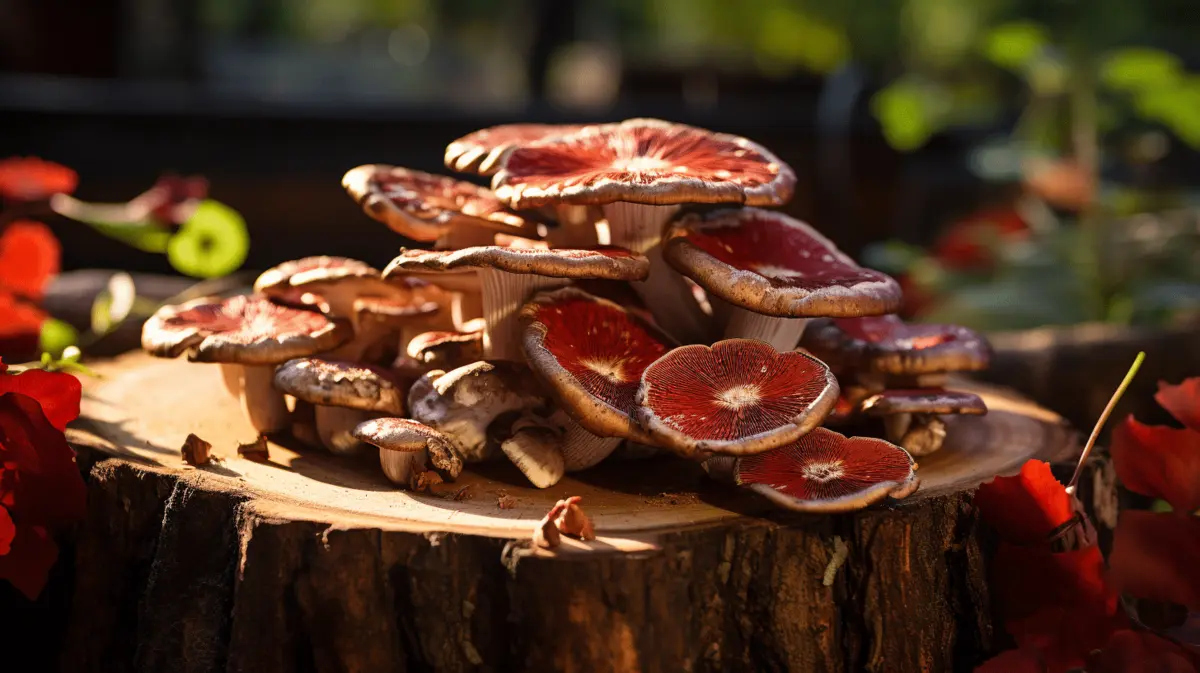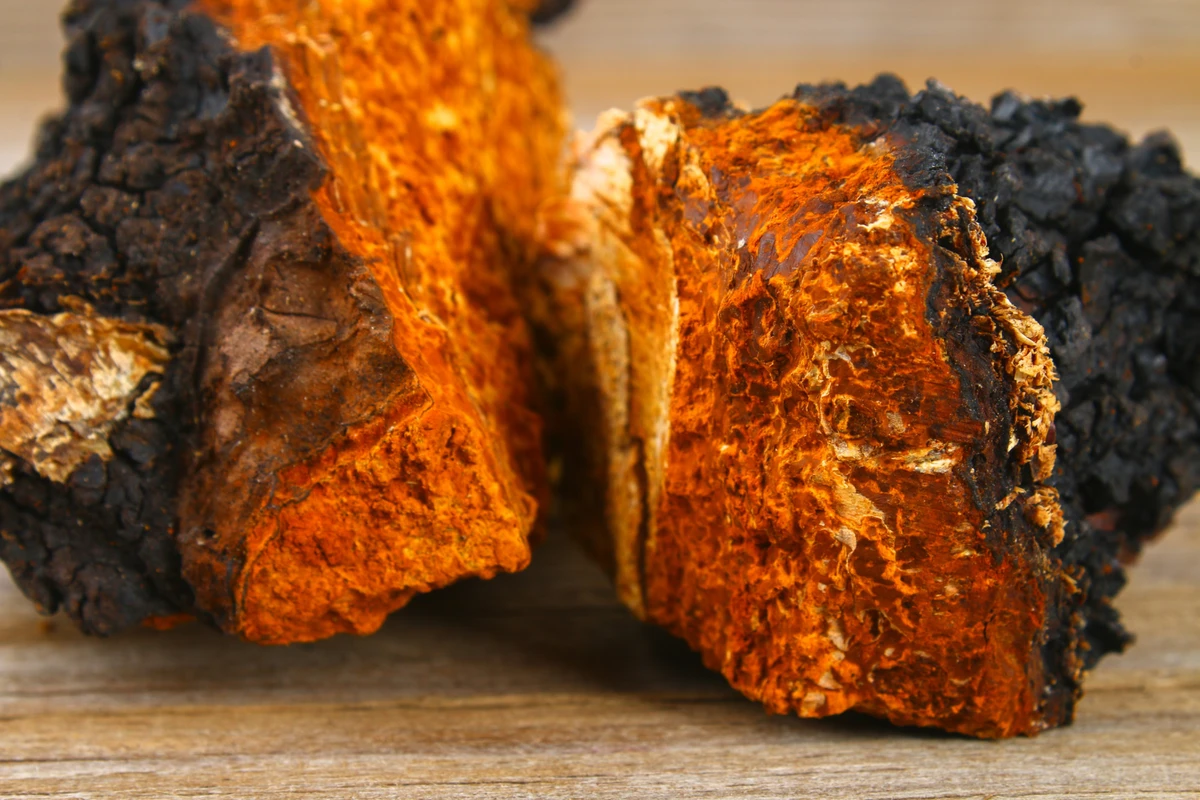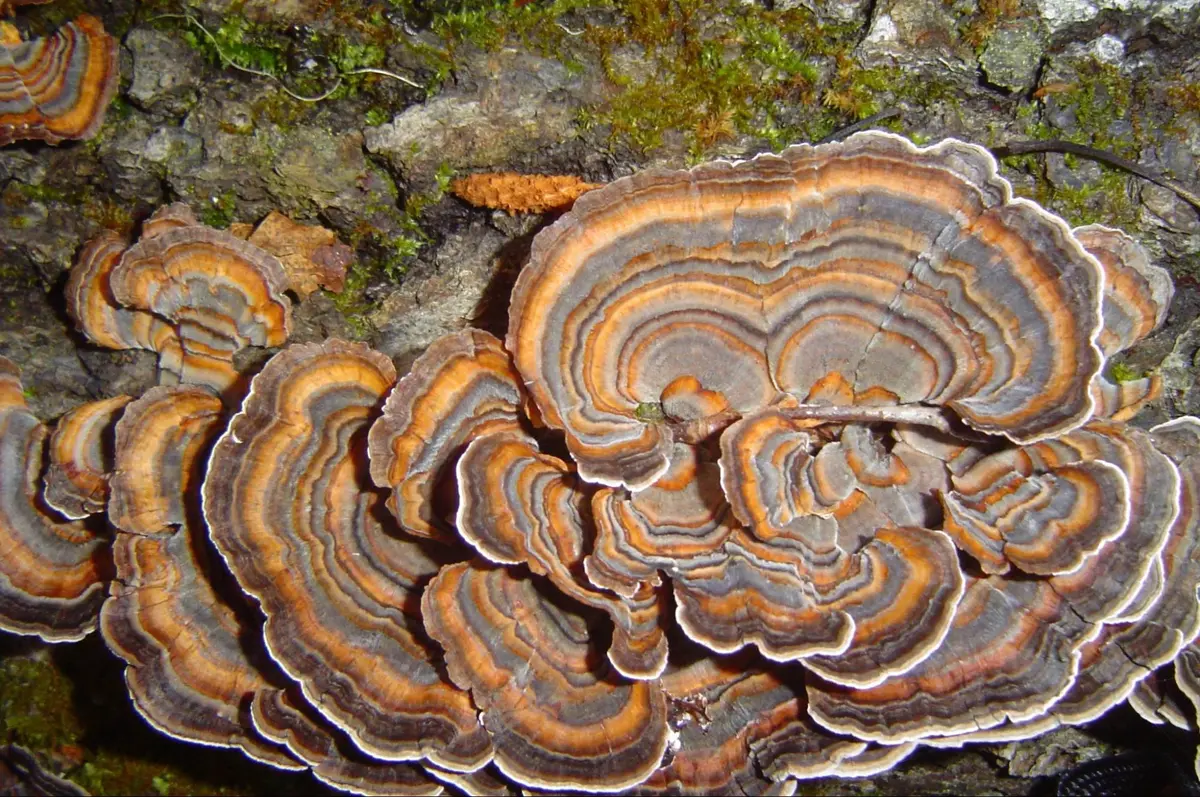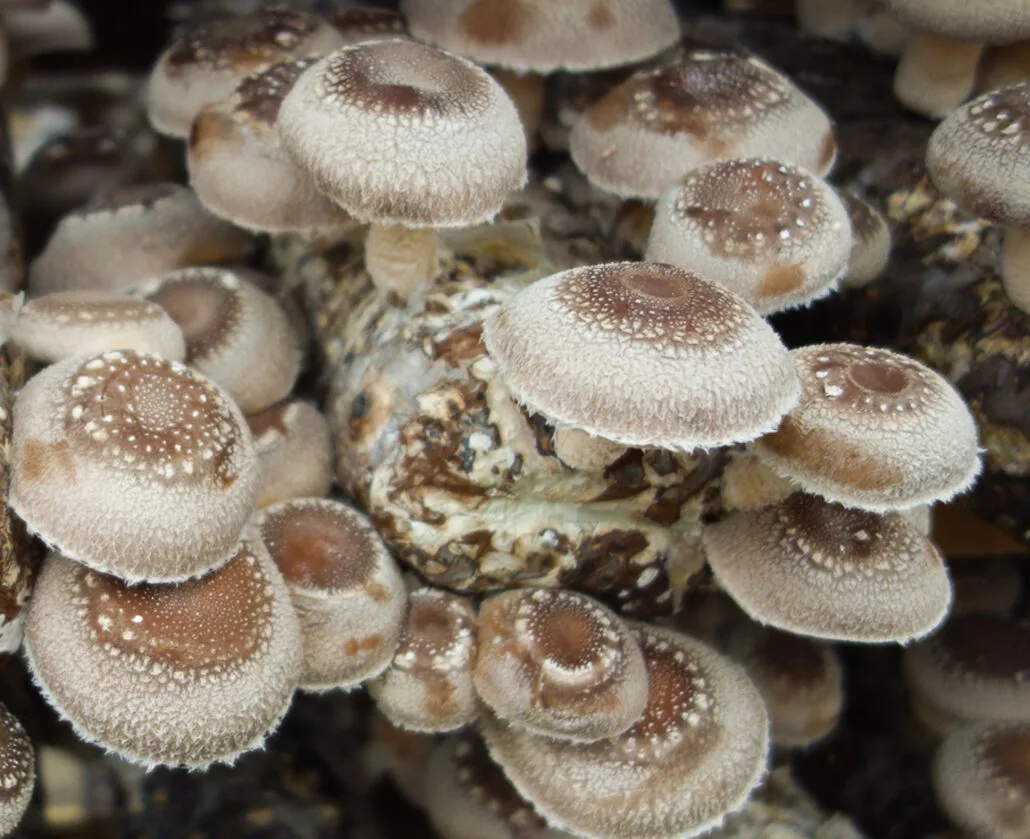Why do you need Reishi in your diet?
Ganoderma Lucidum or Reishi mushroom is also known as the “mushroom of immortality.” It can be found growing on the logs of deciduous trees such as maple, oak, plum, elm and even conifers throughout the world. It has the shape of a fan or a kidney and shows a colour between the shades of orange to red. While the top can be shiny and show any colours from reddish brown to purple, yellow, black, or blue, the bottom is generally white. Although considered edible, Reishi offers a rough texture and bitter taste due to the high concentration of triterpenes.
The origin of Reishi can be traced back to two thousand years when Chinese healers first mentioned its use and multitude of benefits in the texts written during the Han Dynasty. Reishi in the Chinese language is known as Lingzhi, referring to a combination of spiritual potency and the essence of immortality, representing success, well-being, great power, and longevity. Over the past centuries, we have found Reishi mushrooms growing across Europe, Asia, and North America while it is highly revered in China and has been utilised in Chinese traditional medicine for thousands of years.
Scientists have determined that Reishi mushrooms are beneficial for supporting longevity and wellness and are extremely abundant. This fungus contains over four hundred different bioactive compounds including triterpenoids, polysaccharides, nucleotides, sterols, steroids, fatty acids, proteins, peptides, and trace elements, which assist the body in numerous ways.
Reishi mushroom is a popular and rich source of numerous potential health benefits. It is known to boost the immune system, fight cancer cells, improve several body functions and promote wound healing due to the presence of triptanes. Moreover, Reishi mushroom contains triterpenes that can enhance mood, reduce anxiety, relieve depression, calm the mind, and alleviate stress. Besides these, there are several other advantages that one can obtain from using Reishi mushrooms. The Reishi mushroom is an excellent source of important minerals, vitamins (especially vitamin D and B-complex vitamins), amino acids, micronutrients, antioxidants, and protein, despite being non-animal-based.
The bioactive compounds in Reishi including polysaccharides, triterpenes and peptidoglycans are known to possess immunomodulatory properties, which help regulate immune responses, promoting a balanced and robust immune system. Reishi mushrooms are renowned adaptogens that can help your body adapt to stress and maintain overall homeostasis by enhancing resilience against physical, mental, and emotional stressors, promoting a sense of well-being and vitality. Reishi mushrooms are believed to have antioxidant and anti-inflammatory effects that help protect the body against harmful free radicals, reduce oxidative stress and support overall cellular health.
Reishi mushrooms are known for their anti-inflammatory properties and potential cardiovascular benefits. They are also believed to promote mental and emotional well-being. Traditional beliefs suggest that Reishi mushrooms have the ability to calm the mind, enhance focus, and promote inner balance and tranquillity. Taoist monks in China used Reishi mushrooms to promote centred calmness, improve meditation, and attain a long and healthy life. Some of the benefits of Reishi Mushrooms include:
- Helps patients with health conditions such as Alzheimer’s, Cancer, diabetes.
- Used in anti-tumor drugs to prevent Cancer.
- Reishi mushrooms are adaptogens.
- Supportive for sleep and a restful mind
- Supportive of lung and respiratory health
- Maintains blood sugar levels.
- Supports immune system.
- Supportive of the lower urinary tract
It is essential to understand that although Reishi mushrooms have potential health benefits, their effects may differ from person to person. As with any natural remedy, it is recommended to seek advice from a healthcare professional before incorporating Reishi mushrooms into your wellness routine, especially if you have any underlying health conditions or are taking medications.
At Organic Mushrooms, we offer the goodness of Reishi mushrooms in the form of health supplements available as capsules, tinctures, supplement gummies and extract powder.




